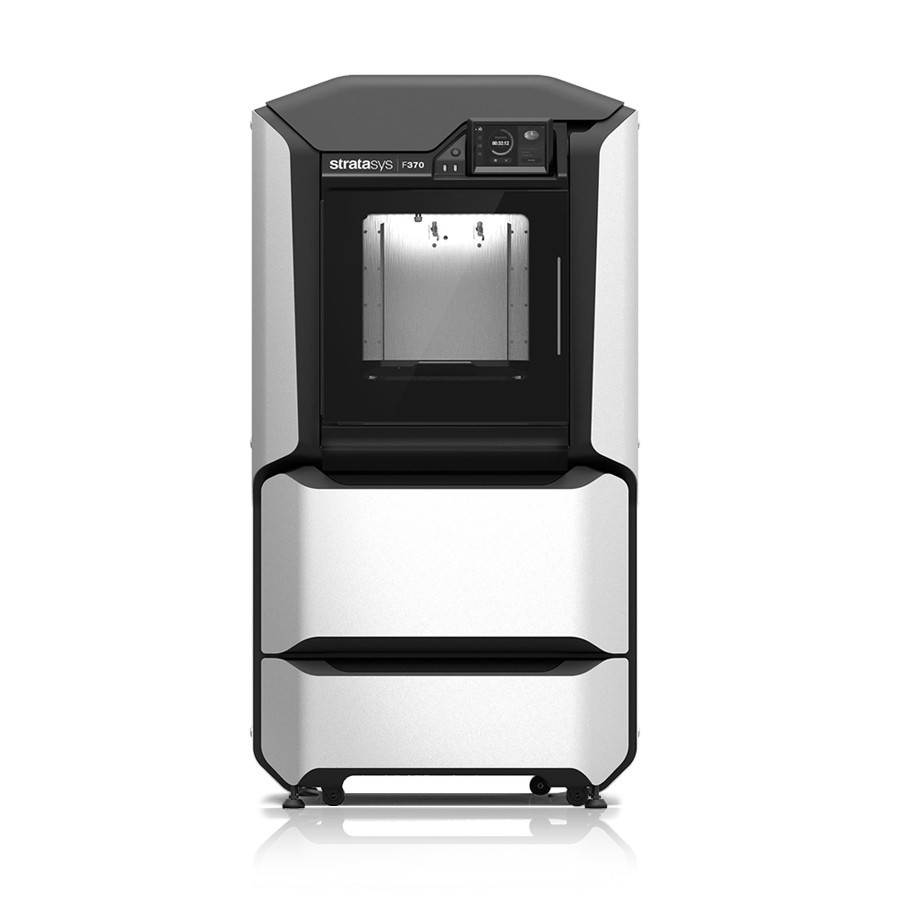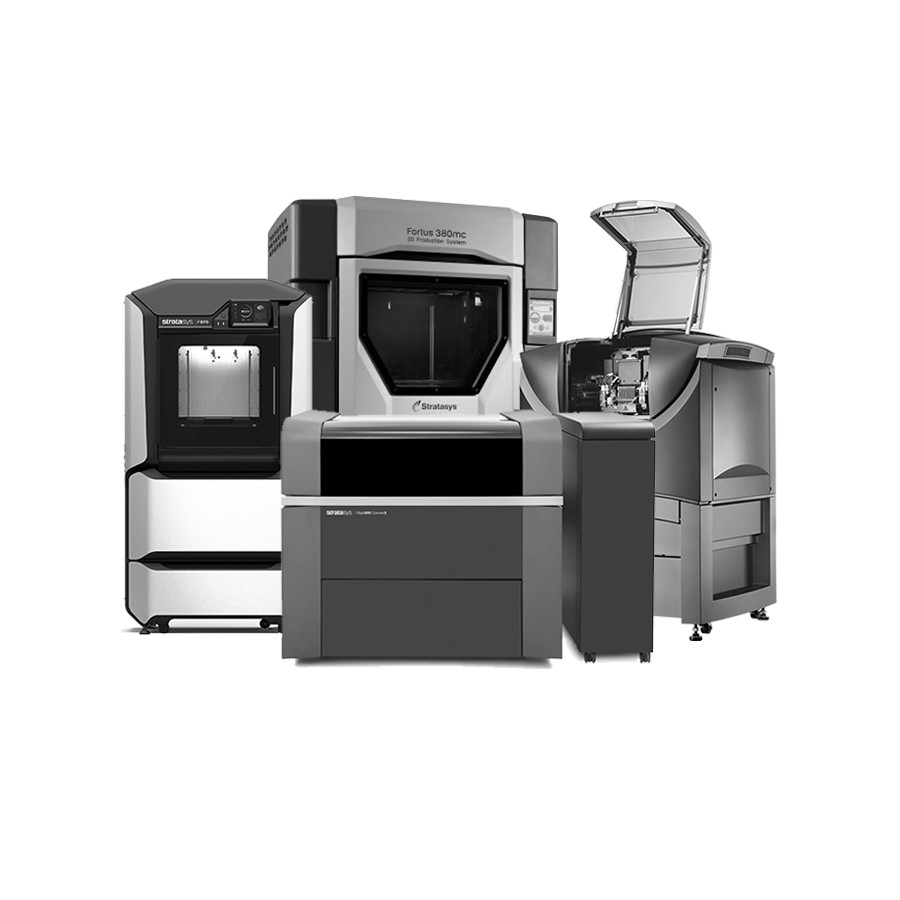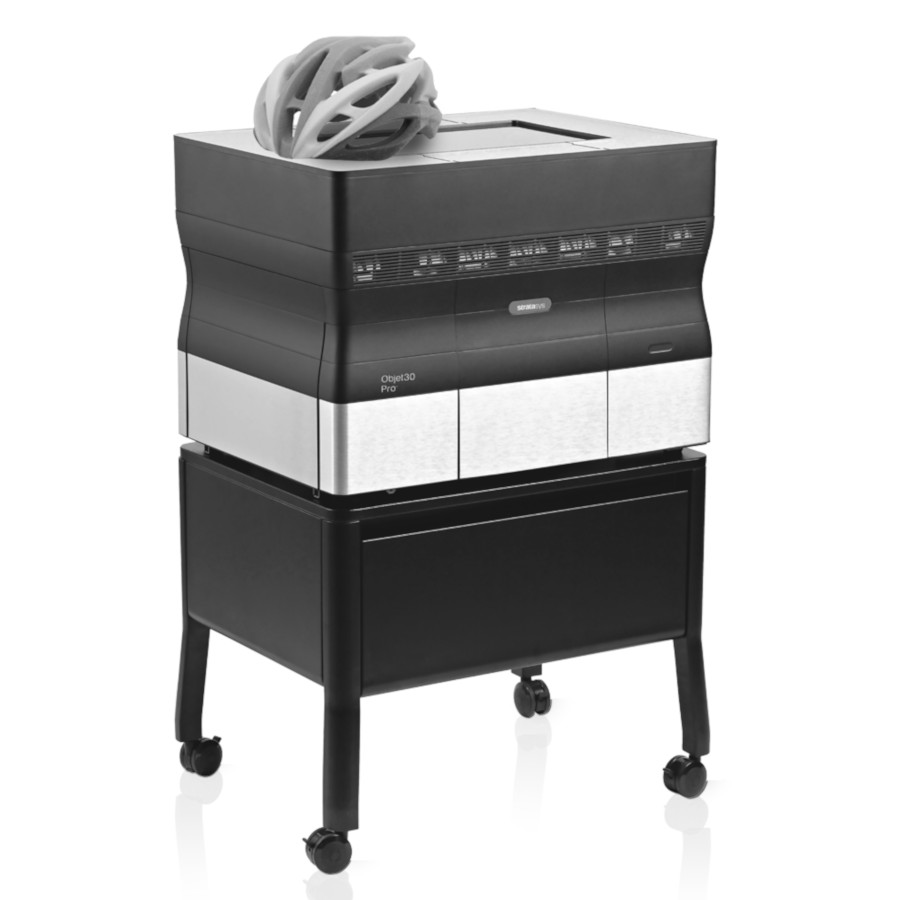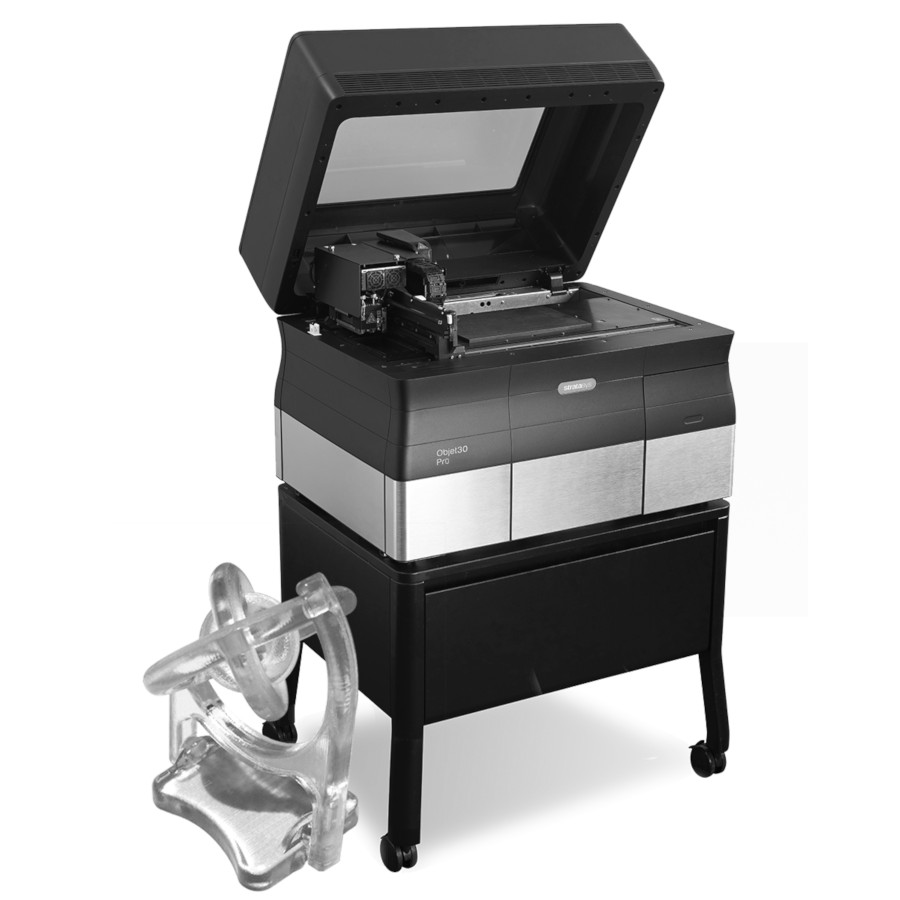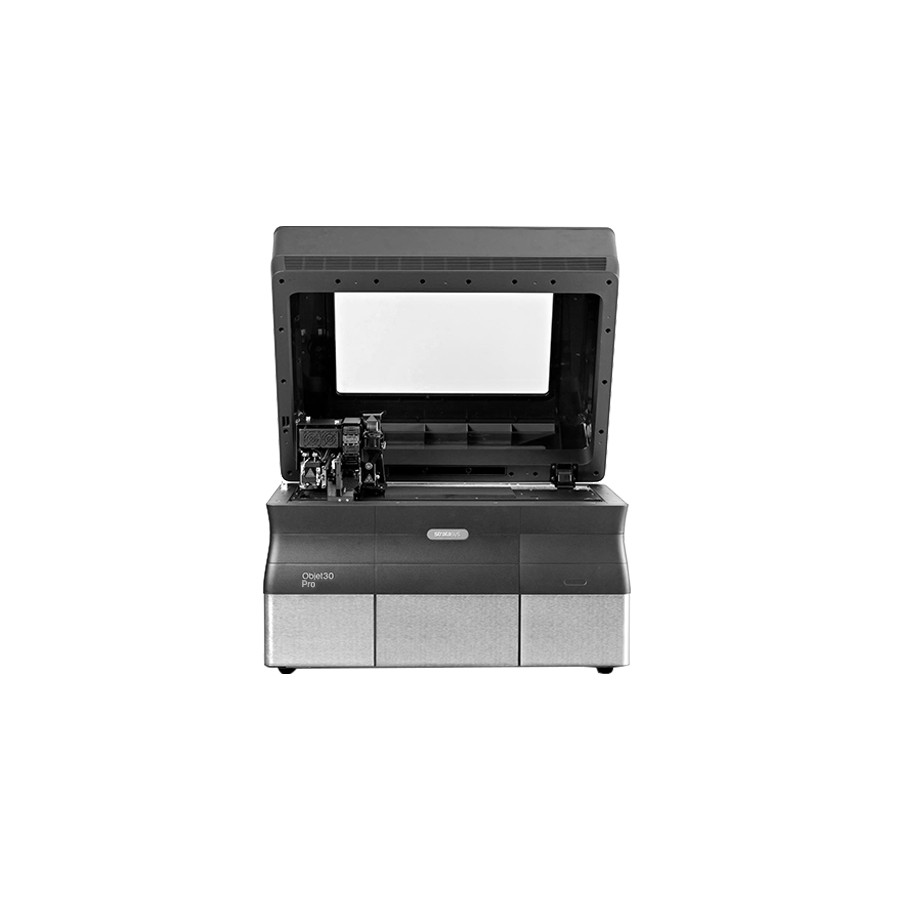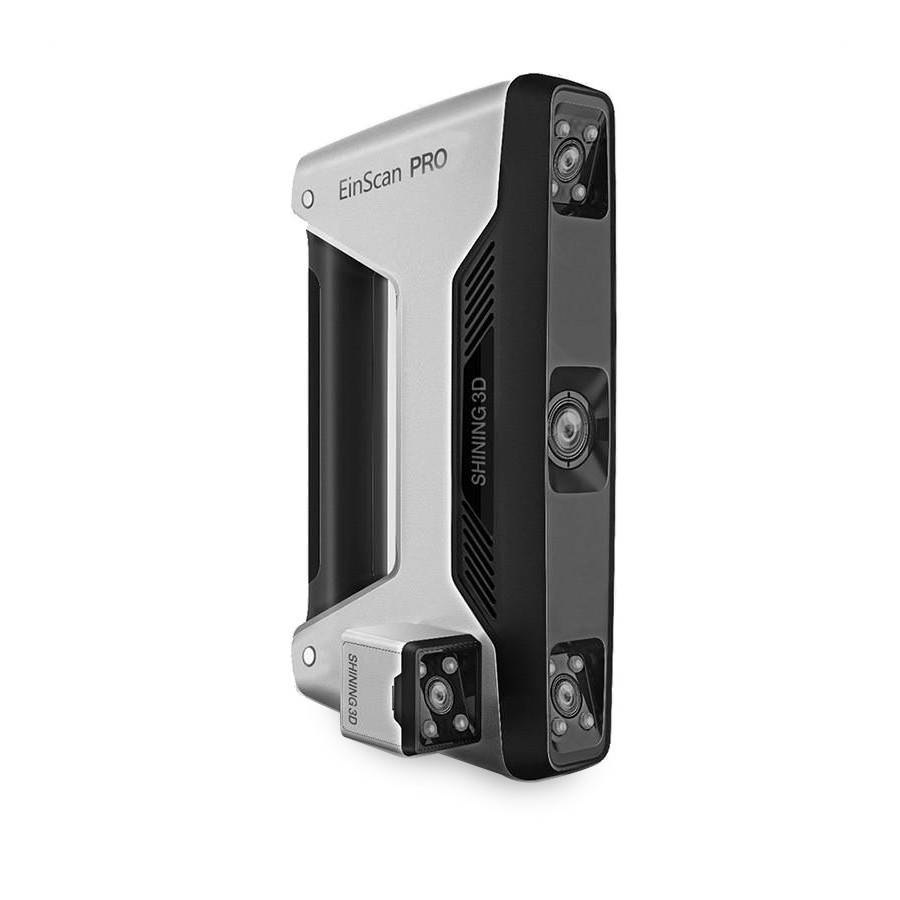3D Printing and Scanning / DMLS, SLS, PolyJet, FDM and SLA
We offer 3d printing on professional machines in DMLS, SLS, PolyJet, FDM, SLA technology. With the new equipment available on the market and advanced HD high-speed scanning technology, we provide high-quality 3D scanning. Depending on your needs and requirements, we will select the right technology for you.
FDM technology
FDM (Fused Deposition Modeling). FDM technology is one of the most popular methods when it comes to rapid prototyping. 3D printing in FDM technology is characterized by the application of successive layers, which are more or less visible depending on the resolution and geometry. In order to deliver a prototype, a product of the highest quality, we offer additional processing - grinding, painting and gluing. Bonding of printed parts allows us to obtain details of large size with a relatively small loss of strength. Thanks to our possession of a large number of devices working with this technology, we are able to complete even the largest orders in a short time. Industrial 3D printing systems from Stratasys allow us to ensure the best properties of the prepared prints.
PolyJet technology
It involves building models from acrylic resins that are cured with ultraviolet light. The resin is applied using hundreds of dispensing nozzles, which allows for very high precision, even at 16 µm. Each applied layer is polymerized by double-sided exposure to UV lamps. A huge advantage of PolyJet technology is the possibility of using support material, which is then easily removed with water using a pressure washer. The supports are constructed in such a way that they do not disturb the surface of the base model, so it remains perfectly smooth. PolyJet technology offers a range of materials with different properties.
CNC Machining Center
Machining of plastics, composites, light alloy metal sheets and steel.
iS Rapid / Design and Prototyping
Software to support prototyping, printing, milling and extrusion of parts.
HIGH-SPEED SCANNING IN HD
3D scanning
HD manual scanning
It used to be impossible to obtain satisfactory quality of details while maintaining high enough 3D scanning speed. Now it has just become achievable at infoSoftware Poland. The new model uses internationally patented advanced HD high-speed scanning technology.
Faster and more precise measurement
In HD manual scan mode, the standard 7 lines of scanning have been replaced by 100 lines, significantly improving the data capture process. The scanning speed is now 550,000 points per second. All this provides an ideal balance between the high scanning speed and the detail of the measurements obtained.
Enlarged scanning area
The area of a single scan has been increased by 60% and is now 300 x 170 mm. As a result, the data capture speed for large objects has increased significantly. The size of the scanned object can range from 0.05 m to as much as 4 m.
100 scan lines instead of the previous 7,
7.6 × faster scanning speed: up to 550,000 pts/sec,
1.6 × larger area of a single scan: 300 x 170 mm.
ABS-M30™is nearly 25% stronger than standard ABS material and is an ideal material for conceptual modeling, functional prototyping, toolmaking, as well as final parts.
ASA material makes it possible to make high-quality UV-resistant parts. ASA is an attractive prototyping material that provides a very good surface texture. UV resistance makes this material well suited for outdoor applications.
PC-ABS (Polycarbonate-ABS) is one of the most widely used industrial thermoplastics. This material is a blend of two plastics so it offers the most desirable properties of both. PC-ABS provides excellent strength and heat resistance, as well as flexibility. This material has a higher hardness than ABS alone due to the admixture of Polycarbonate, which strengthens the material further reducing shrinkage during printing. The plastic is widely used in automotive and industrial applications.
PLA is an eco-friendly, biodegradable material that is great for prototypes, architectural mock-ups, industrial forms. It makes it possible to achieve even perfect product surfaces.
Tough PLA is a material with increased impact strength compared to standard PLA, while maintaining all the advantages of PLA. Dedicated to engineering applications, it will work great when mechanical resistance is required from the printed model.
White (VeroWhitePlus)
Prototype industry applications: medical models, dental industries, dental laboratories, consumer products.
Ideal applications:
Black (VeroBlackPlus)
Prototype industry applications: consumer electronics, consumer products, toys, manufacturing, computer components Architecture fields and jewelry applications.
Ideal applications:
Blue (VeroBlue)
Prototype industry applications: consumer products, toy design, new product development, rapid prototyping, computer components, silicon molding, artistry.
Ideal applications:
Gray (VeroGray)
Prototype industry applications: consumer products, toy design, computer components and electrical components.
